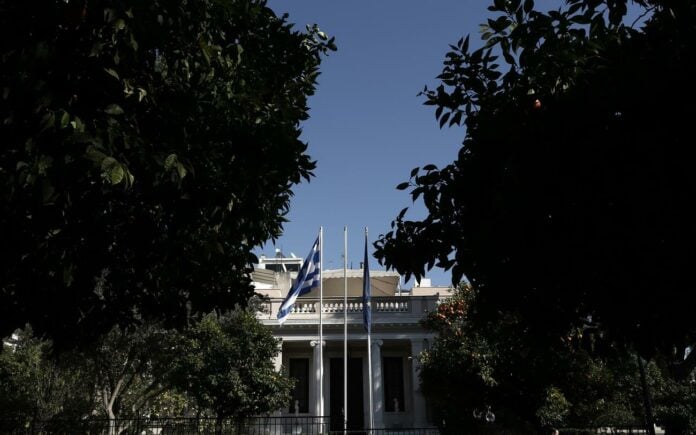By G. Kampourakis
[email protected]
The Greek government is awaiting a decision on Monday by a provincial first instance Turkish court, in Edirne, over the fate of two Greek army servicemen who reportedly strayed into the neighboring country last Thursday through a poorly demarcated point on the land frontier between the two countries.
While speculation continues to swirl in Athens over the incident and the stance of the increasingly erratic Erdogan-dominated Turkish government, the poll-trailing coalition Greek government is also showing fraying nerves over the country’s short-term economic outlook. Along those lines, a full-blown disagreement between Bank of Greece (BoG) Gov. Yannis Stournaras and the leftist-rightist government over the need for a precautionary credit line, after the end of the current bailout in August, is now a permanent fixture on the political landscape.
Stournaras has repeatedly gone on record as saying that such a mechanism would support and protect the country once it ventures into sovereign markets for its borrowing needs, whereas the beleaguered Tsipras government wants as close to a “clean exit” from the bailout era as possible. Projecting some type of economic “success story” is judged as imperative by the leftist SYRIZA party ahead of a regularly scheduled general election in 2019.
Speaking at the Delphi economic forum over the weekend, Declan Costello, the European Commission mission chief for the Greek program, merely reiterated what other creditors’ top representatives have already said, namely, that strict supervision of the Greek economy and budget will continue after August and that additional measures will accompany whatever future decisions on debt relief.
Moreover, he said that already agreed to reforms – the last of which came under the watch of the previously anti-bailout SYRIZA party after 2015 – are not sufficient.
Costello’s statements are noteworthy given that the EU Commission is viewed, at least by the government in Athens, as the “friendliest” of the troika constituents, more so than the IMF and the ECB.














